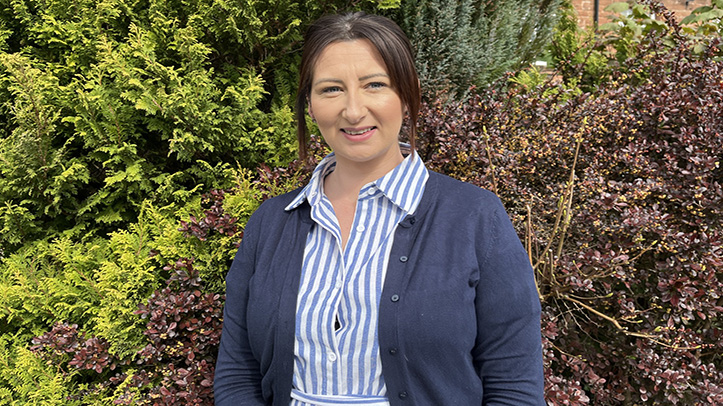This spring, Downland is reminding farmers of the importance of carrying out faecal worm egg counts with the launch of its Faecal Egg Count Testing: Make it Count campaign.
Every farm is unique, and so is the parasite challenge on each farm. Carrying out FEC testing can help farmers make more informed judgements about the need to treat, which can have a positive impact on ensuring that anthelmintics are used only when needed and to target the correct parasite says SQP and UK franchise manager at Downland, Zona Kelly.
“A relatively simple process, faecal egg count testing is an invaluable tool for farmers,” she said.
“Historically, regular worming was the norm, but this isn’t best practice. FEC testing can not only help farmers to monitor and understand the parasite status on their farm but can also help farmers to better understand the efficacy of treatments and ultimately help prevent unnecessary treatments.
“Anthelmintic resistance is a real problem and by testing groups of animals and gaining a clear picture of what is going on on-farm, an effective worming strategy can be put in place that ensures farmers are using the correct anthelmintic to treat the correct parasite at the right time. Sometimes there may not even be a need to worm the animals at all.”
Through the Faecal Egg Count Testing: Make it Count campaign; Downland is working with its 31 franchisee partners across the UK to share advice and raise awareness of the importance of faecal egg count testing.
Many Downland franchisee partners offer a FEC testing service and can help support farmers with the testing process, providing unbiased advice and personalised solutions tailored to farmers’ individual needs and challenges.


